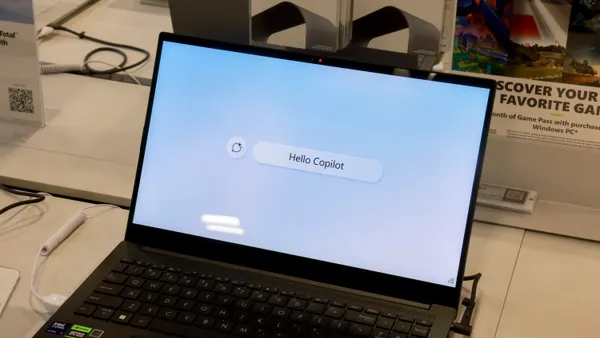Dive Brief:
- Big 4 accounting firm Deloitte paid newly hired accountants with H-1B visas an estimated 10% less than U.S. workers in similar roles, according to a recent report by researchers from George Mason University, Columbia University, University of Hong Kong and Arizona State University.
- “This finding calls into question the efficacy of regulatory mandates thought to prevent H-1B visa holders from being paid less than U.S. citizens in similar roles,” the researchers wrote in the report, which was published in the Journal of Business Ethics Sept. 26.
- The researchers used 2005 salary data hacked and publicly released in December 2014. While H-1B worker status wasn’t included in the hacked data, the researchers used U.S. Department of Labor data to infer which workers held the visas. Deloitte said “the data set cited in this paper is incomplete and has not been validated,” in an emailed statement to HR Dive.
Dive Insight:
The research aimed to address the debate over whether U.S. accounting firms were hiring workers through H-1B visas because there was a shortage of CPA-ready workers in the country or to save on wages by hiring immigrants and suppressing pay, the researchers wrote.
“Our use of the U.S. visa programs allows us to complement our domestic workforce with highly skilled professionals, many of whom are graduates from U.S. colleges and universities, to meet the needs of our business. We comply with all immigration regulations and rules, including providing compliant and competitive wages to all of our professionals,” Deloitte said, noting that the company hires thousands of U.S. workers each year.
The Immigration Act of 1990 established the H-1B visa program, which allows employers to temporarily hire foreign workers for specialty positions when they can’t find U.S. workers with the needed skills, according to a DOL fact sheet.
“The law establishes certain standards in order to protect similarly employed U.S. workers from being adversely affected by the employment of the nonimmigrant workers, as well as to protect the H-1B workers,” DOL said. These include not hiring H-1B workers at sites where there is a lockout or strike and paying the visa holders a required wage, which is the higher of prevailing wage or the in-house wage for workers in similar positions, DOL said.
Because companies have to sponsor workers’ H-1B visas, immigrant workers with these visas are dependent on the companies, creating a power imbalance because workers aren’t as free to negotiate pay or benefits as U.S. workers, the researchers wrote.
“Maybe they’re using the visa itself as partial compensation,” Joseph (Han) Stice, an assistant professor of accounting at the Costello College of Business at George Mason University, said in a university news story published Dec. 4. “Whenever you have somebody with power and somebody without power, there’s a problem.”












